Published
- 03:00 am
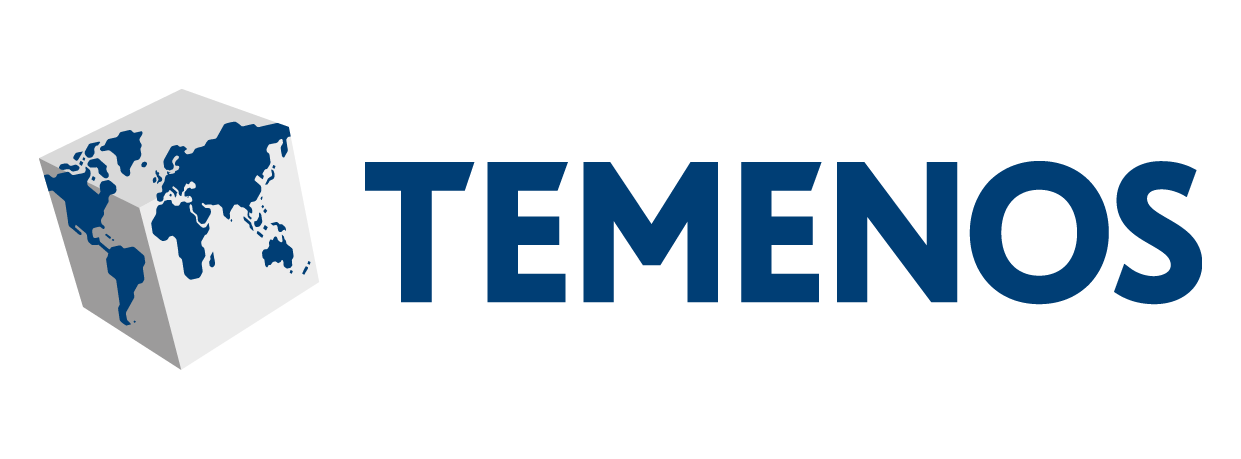
Collaboration provides pre-integrated data insights solution for banks to fight financial crime
Kharon, a leading provider of research and data analytics covering global security threats that impact commerce and finance, has joined Temenos Exchange, the open marketplace of fintech solutions for more than 3,000 banks and financial institutions worldwide. The integration of Kharon’s data and analytics solutions provides Temenos customers with access to rich data insights designed to power their financial crimes and trade compliance programs.
Temenos’ banking customers will be able to choose from a range of Kharon’s high priority risk type datasets which flag potential direct or indirect exposure to sanctioned persons or jurisdictions and can be integrated into Temenos’ award winning Financial Crime Mitigation solution. They will also have access to Kharon’s web-based search tool to check if customers, counterparties, vendors, or suppliers are associated with persons subject to sanctions or other export restrictions.
Victoria Lumb, Head of Sales at Kharon, said: “Kharon takes financial crimes compliance control frameworks beyond basic screening of sanctioned actors, enhancing them with critical insights into a range of global security threats. We are delighted to join Temenos Exchange and to begin working with customers on the core functions of their Financial Crimes Compliance programs, including customer and transaction screening, KYC, and investigations.”
Adam Gable, Product Director - Financial Crime, Treasury and Risk, Temenos, said: “Access to the best quality data insights is transformative for in-house compliance programs, so we are very pleased to welcome Kharon to Temenos Exchange and to make their extensive expertise in network identification available to our clients. Pre-integrated with Temenos’ own Financial Crime Mitigation, Kharon’s broad datasets will help investigators uncover hidden connections and manage false positives”
Related News
- 08:00 am
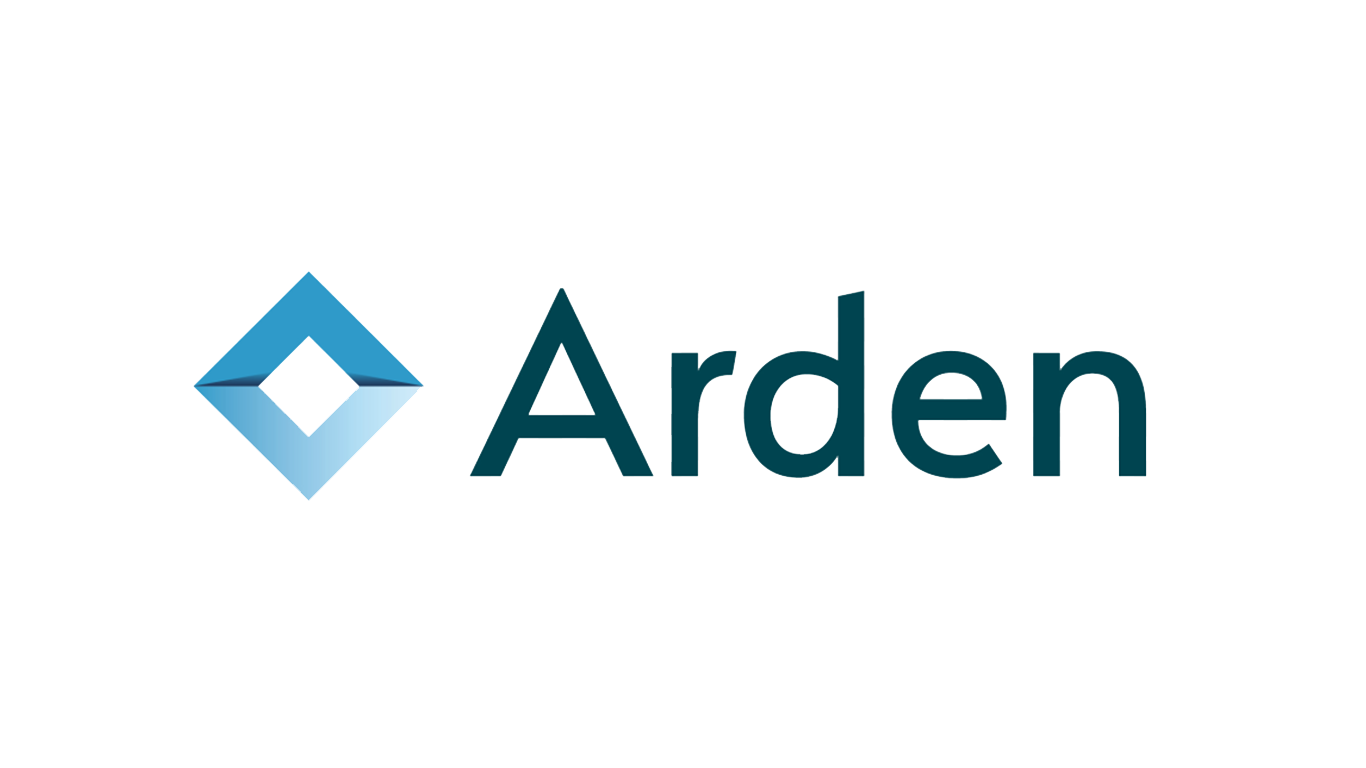
- The virtual reality market recorded its strongest year of private fundraising in the UK to date, driven by a surge of investment in Q4
- Virtual reality (VR) is the fastest-growing market segment, as revenues grew by 31.7 per cent and are projected to increase at the same rate over the next five years.
Private UK fundraising within the virtual reality sector recorded its strongest year to date – with over £150m worth of capital raised this year, a 72% increase on 2020.
Analysis by Arden Partners plc (‘Arden), the institutional stockbroking company, reveals that £154m worth of capital flowed into the private virtual reality sector compared to less than £90m in 2020[1]. This was driven by an unprecedented surge of investment in Q4, with the £72m raised smashing the previous record of £46m in the final quarter of 2018.
Arden believes that the video gaming industry is set to record exponential growth over the long term thanks to the rapid acceleration of the metaverse and virtual reality that is peaking investor interest.[2] Virtual reality (VR) is the fastest-growing market segment, as UK revenues are set to grow by 31.7 per cent in 2021 and are projected to increase at the same rate over the next five years.
In a report released in late 2021, Arden said the rise of virtual spaces, where players can create new environments to explore with other people through online avatars, has prompted technology conglomerates such as Facebook to hire thousands of employees to work on their development and focus on becoming leaders in the virtual reality space for consumer and professional services.
The COVID-19 pandemic and repetitive lockdowns have also helped spark significant growth of virtual reality in the games market, shattering revenues, user, and growth records. Every quarter in 2020 broke its respective revenue record.
This has led to significant M&A activity in the UK stock market, with the acquisition of Sumo Group by Tencent and Codemasters from EA for a combined $2.5bn. Meanwhile, 2021 was a successful year for Gaming companies listing on the AIM market - with highlights including the flotation of Devolver Digital, raising $261 million and becoming the largest ever US-based company by market capitalisation to be admitted to the London Stock Exchange, and the second-largest company ever to trade on AIM. While At IPO, TinyBuild raised gross proceeds of £36 million, with the market valuing the video games publisher and developer at £340 million on Admission. The UK AIM IPO market is buoyant right now, and Arden considers virtual reality a very attractive sector for new capital.
Alex DeGroote, Research Director at Arden, explained: “The unprecedented level of private capital investment in the virtual reality sector, and particularly in the final quarter of the year, indicates how much investors are really starting to see how this market is set to explode. We have also seen a wave of companies in this space turning to the public equity markets and expect this to continue. Significant technological developments in virtual reality and the metaverse are laying the foundations for the advent of new disruptors challenging the likes of Facebook, Apple and Google that are putting a lot of energy and investment into taking advantage of the potential returns from the virtual reality space.
“With new virtual ways of operating becoming much more widespread in many consumer and professional sectors post-Covid, we envisage an exponential rise in both private and public capital investment into the virtual reality sector as consumers and companies look for new ways to communicate and operate.”
Related News
- 02:00 am
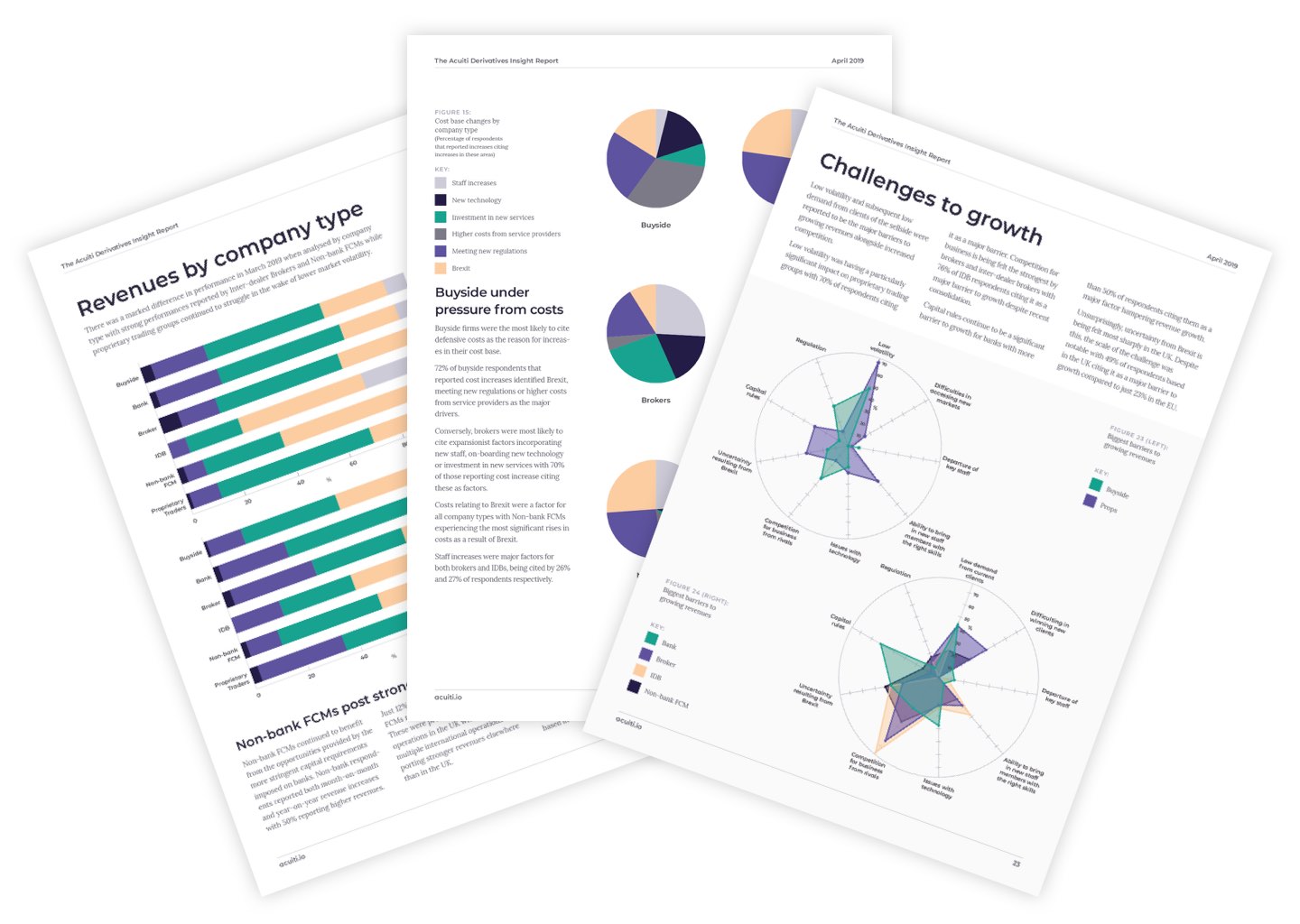
- Avelacom will provide trading participants with one-stop-shop connectivity solutions through JPX’s arrownet-Global partnership
Avelacom, the low latency connectivity, IT infrastructure and data solutions provider for global financial markets, has become one of Japan Exchange Group's (JPX) arrownet-Global Partner Network vendors. This will enable financial services institutions to directly access JPX’s exchanges and markets in cash equities, commodities, and derivatives via Avelacom’s connectivity solutions. JPX comprises the Tokyo Stock Exchange (TSE), the Osaka Exchange (OSE), and the Tokyo Commodity Exchange (TOCOM).
This JPX infrastructure is now an integral part of Alevacom’s proprietary, ultra-low latency network across global financial exchanges, which will improve the convenience of market access to Japan’s capital markets for overseas market participants.
Japan is one of the most strategic markets for Avelacom. The company has been increasing its presence in Tokyo over the past four years. This includes opening a branch office in Tokyo to be able to serve clients in Japanese, the operation of points-of-presence (PoPs) in several data centers, as well as the metro network in Tokyo. Avelacom has also obtained a permission by the local telecommunications authority[1] to provide telecommunications services in Japan.
Aleksey Larichev, CEO of Avelacom said: “Our infrastructure setup within JPX is a significant milestone for our development as it supports our growth in Japan. Among our clients are global banks, hedge funds and proprietary trading firms, and all of them increasingly want to be able to trade multi-asset markets such as JPX’s financial instruments. We already own the lowest latency routes to and from Tokyo. This gives us a head start in the provision of JPX market access solutions for financial services firms, both inside and outside of Japan.”
Related News
- 08:00 am
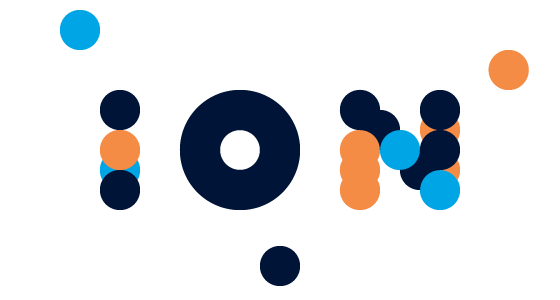
ION, a global provider of trading, clearing, analytics, treasury, and risk management solutions for capital markets, commodities, and treasury management, today announces that one of its group companies, TradAir, has partnered with BlockQuake, a global regulatory-driven cryptocurrency and digital asset exchange, to improve seamless liquidity integration.
As a leading provider of liquidity integration technology with roots in traditional finance, TradAir brings sector expertise to the cryptocurrency space. Through this partnership, BlockQuake will further its vision for merging cryptocurrency and blockchain with traditional financial services. This alliance will allow markets to operate in parallel and communicate with one another, improving efficiencies so traders can benefit from a wider selection of assets.
The partnership will give TradAir and BlockQuake’s top global regulated liquidity providers an improved, seamless, overall liquidity integration. Customers will be offered deeper liquidity and better pricing thanks to the alignment of market makers and liquidity providers in the digital asset space. This depth of liquidity will allow trades of all sizes to be executed.
“BlockQuake is on the path to become a one-stop-shop with multiple fiat gateways into and out of various cryptocurrencies and stablecoins,” said Antonio Brasse, CEO and Co-Founder of BlockQuake. “Through this partnership, we will tap into a wider customer base and not only be able to service retail clients globally but also institutions, family offices, and other entities interested in transacting high volumes. I look forward to this alliance as it will enhance overall liquidity integration, creating a better user experience and ultimately, drive greater adoption into the industry.”
Brian Liedberg, Chief Business Officer at TradAir, added: “We’re delighted to be partnering with BlockQuake, extending our solutions to benefit ION’s customers. Through this partnership, BlockQuake will be able to provide deeper liquidity and better pricing to its customers while TradAir will benefit from interfacing with a new powerful exchange geared to the trading and investing community.”
Related News
- 06:00 am
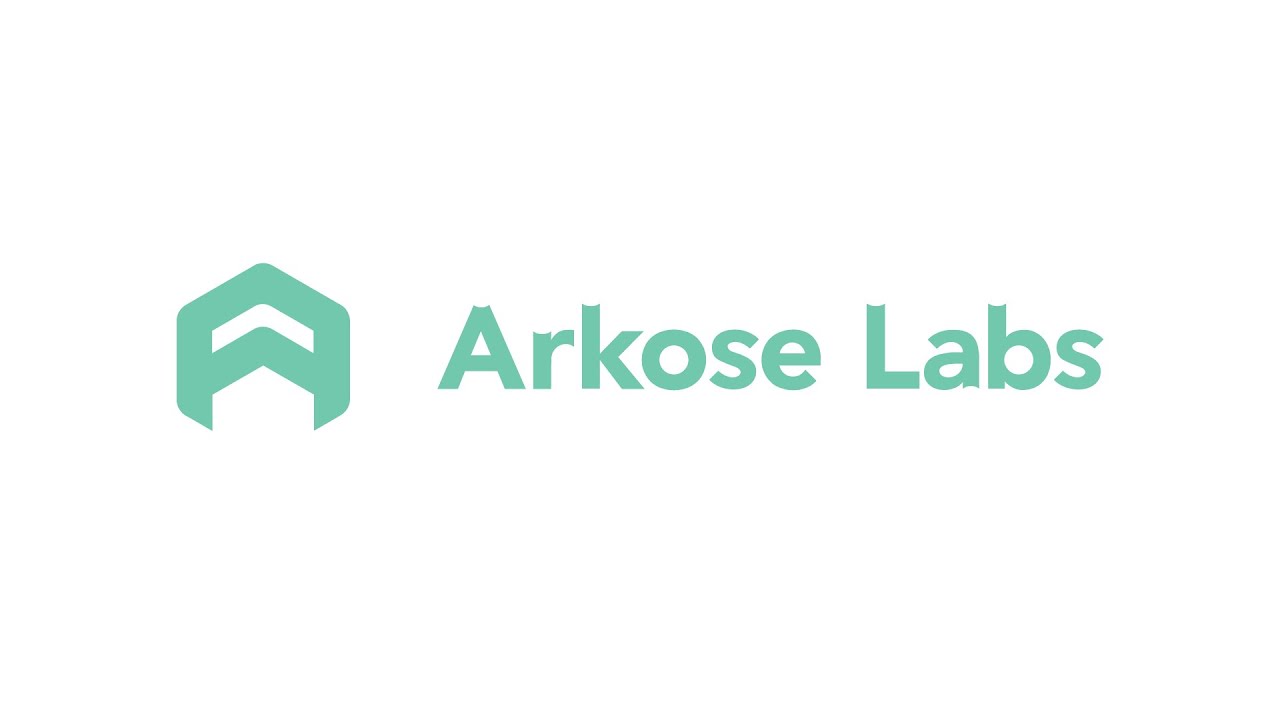
- Customer growth accelerated across all industries, led by fintech, retail/ecommerce, and travel segments
- Strong financial performance and significant company milestones were achieved; demand from global enterprises surged for its fraud prevention and account security platform
- Global fraud detection and prevention market is projected to grow from $26.97 billion in 2021 to $141.75 billion in 2028, with a CAGR of 26.7%
- Analytics firm GlobalData listed the company as a future cybersecurity industry unicorn
Arkose Labs, the global leader in fraud deterrence and account security, announced today full year 2021 performance results and key milestones, including doubling revenue year-over-year. Other achievements during the year included global expansion, strategic hires, product innovations, as well as notable award recognitions. The results reflect enterprises’ intensifying need for the company’s products to combat the pace at which account-focused fraud attacks occur.
“I’m incredibly proud of the teamwork that occurred in 2021 because the threat landscape veered sharply and aimed squarely at consumer accounts, a trend that is here to stay for all industries,” said Arkose Labs Founder and CEO Kevin Gosschalk. “Account takeovers, credential stuffing attacks, and new types of account login fraud accelerated throughout the year, and companies responded by selecting our technology, which is purpose-built for these types of attacks.”
Strong Customer Traction
Pent-up demand for long-term deterrence based on a defense-in-depth approach fueled company growth.
Total ARR doubled year-over-year by expanding the company’s existing customer base and landing several new customer deals across diversified segments, including emerging fintech disruptors. The company realized gains in all industry sectors led by 360% growth in the fintech segment and 160% growth in both retail and travel segments.
Arkose Labs provides support for some of the world’s most recognized brands and platforms, including Digital Ocean, Honey, LinkedIn, Microsoft, PayPal, Pitney Bowes, Roblox, Venmo, and Zilch. It covers industries, including financial services, fintech, gaming, retail, technology and social media, representing more than 1 billion social media users, 60% of online video gamers, and 40% of all retail volume.
Additionally, with GitLab and others in this sector as customers, Arkose Labs helps protect the largest amount of code in existence, ensuring a safer internet overall.
Throughout the year, existing customers added services, as they recognized increased value from company products, and new customers onboarded after successful proof-of-concept trial periods.
Arkose Labs' growth underscores the need for a platform that customers can rely on for immediate reduction in fraud attacks, especially volumetric attacks from bots that can come up quickly, overloading businesses.
“PayPal’s suite of brands, including Honey and Venmo, is built on the trust of our consumers, and we take all steps to prevent fraud and abuse on an ongoing basis,” said Assaf Keren, VP, Enterprise Cyber Security and Chief Information Security Officer at PayPal. “By collaborating with Arkose Labs, we continue to advance security and vigilance to a new level where merchants and consumers alike have even more confidence their transactions are safe.”
Strategic Hires and Global Offices
Arkose Labs bolstered its executive ranks with proven leaders who are known for scaling teams and companies for successful outcomes. New hires include Ashish Jain (Chief Product Officer), Richard Dufty (Chief Revenue Officer) and Joe Hsy (CTO), while Vanita Pandey (CMO), Patrice Boffa (Chief Customer Officer), and Phil Steffora (Chief Security Officer) were recognized with promotions to the C-level.
The company opened offices in Sydney, Tokyo, London and San Jose, Costa Rica to support its growing customer base. Amidst a tight 2021 labor market, the company attracted and onboarded top employees with experiences that tightly align to the growth trajectory of the company and who have deep domain prowess.
World’s First Credential Stuffing Warranty
Arkose Labs is reinventing the world of fraud prevention by undermining the economics of fraud. In October, Arkose Labs announced the world’s first and only warranty for credential stuffing attacks. The fact that real credentials are used in these attacks, make credential stuffing the most difficult type of fraud for companies to detect and prevent. The Arkose Labs Credential Stuffing Warranty protects businesses up to $1 million from the varied costs associated with hacked accounts.
The warranty is a clarion call for the cybersecurity industry. Most cybersecurity vendors operate on a “best efforts” basis with no guarantees or SLAs on their product’s effectiveness to mitigate threats. “That approach is simply not good enough for customers, consumers or the cybersecurity industry,” Gosschalk said. “Our hope is that our warranty will encourage other vendors to step up and demonstrate the same level of confidence in their technology by offering similar guarantees.”
Product Innovation for the Shifting Threat Landscape
“The pandemic has accelerated everything digital including fraud, and the online account is a top target,” says David Mattei, Strategic Advisor at Aite-Novarica Group. “Account takeover, perpetrated at scale via credential stuffing bots, remains a persistent and constant attack vector across many industries. In a recent survey of financial institutions, 34% of fraud executives report that account takeover has increased by 10% or more from the first half of 2020 to the first half of 2021. And a survey of fintech firms in the U.S. and U.K. found that credential stuffing prevention is one of the top 3 tools used to protect consumers’ digital accounts.”
Significant product innovation and advancements took place during 2021, leading to the launch of capabilities like device profiling, behavior biometrics, and machine learning to detect not only large-scale bot attacks but also human provoked attacks. Arkose Labs now owns 22 patents, covering its novel technology and reflecting its commitment to ongoing research and development.
The growth in customers led to an increase in transactions analyzed and identification of new attack types. The Arkose Labs Fraud Deterrence Platform analyzed over 150 billion requests across 254 countries and territories in 2021. The landscape dramatically changed with the annual attack rate doubling over the previous year, driven by a surge in attacks in the financial services, retail, technology and travel segments.
The platform protects against automated bot and human-driven account takeover and new account fraud attempts. It also prevents an extensive list of abuse use cases such as inventory hoarding, web scraping, in-game abuse, carding, fake reviews and spam by eliminating malicious activity across digital platforms.
In 2021, out of all traffic monitored across the Arkose Labs network, 21% was an attack.
Marketplace Takes Notice
Arkose Labs completed a $70 million Series C fundraising round in the spring of 2021, which was led by SoftBank Vision Fund 2 with participation from Wells Fargo Strategic Capital and previous investors M12 and PayPal Ventures, bringing its total capital raised to $114 million. Monies were deployed to accelerate product roadmap innovation, including research and development, go-to-market strategy, office openings, and hiring across the company.
The company’s three-year 2,010% growth rate captured attention. It is the no. 1 fastest growing North American company in the fraud prevention and account security category. Deloitte ranked Arkose Labs on its Fast500 list as the 83rd fastest growing company in North America and the 23rd fastest growing company in the San Francisco Bay Area, which has the largest concentration of high-growth companies. Arkose Labs debuted at 195th on the overall Inc. 5000 roster and 5th in the security industry ranking of the magazine’s list of the fastest growing privately held companies to watch. Fast Company honored Arkose Labs in its “Next Big Things in Tech” award program as the winner in the Data & AI category for foiling human fraudsters and malicious bot attacks.
2022 Outlook is Bright
The company’s achievements this past year position the business to perform even better in 2022. “The wind is at our backs,” said Gosschalk. “Our technology and the pending innovations we’re preparing to unleash in the New Year will change the game not just for customers but, most especially, for unrelenting fraudsters.”
The company’s achievements this past year position the business to perform even better in 2022. “The wind is at our backs,” said Gosschalk. “Our technology and the pending innovations we’re preparing to unleash in the New Year will change the game not just for customers but, most especially, for unrelenting fraudsters.”
Related News
- 03:00 am

Temenos, the banking software company, has extended its strategic relationship with Red Hat, the world’s leading provider of enterprise open source solutions, by integrating Red Hat Process Automation Manager with Temenos Infinity cloud-native digital banking services.
With this integration, business processes underpinning onboarding and origination journeys are modeled and delivered via Red Hat Process Automation Manager, an industry-standard enterprise-grade tool that can enable banks to deliver faster, frictionless digital and onboarding journeys across multiple channels.
The collaboration further enables Temenos and Red Hat to leverage their respective technologies and expertise to accelerate the growth of digital banking on hybrid cloud infrastructure across banking segments. Temenos is the top-selling digital banking platform worldwide, and Red Hat is widely adopted within the banking sector. All of the Fortune Global 500 commercial banks and more than 90 percent of the Fortune 500 use Red Hat technologies.
More broadly, Temenos and Red Hat are streamlining the path to open, cloud-native banking. Temenos digital banking services are built for the cloud in containerized microservices. On Red Hat OpenShift, these cloud-native applications can run across multiple clouds or in a hybrid, on-premise and cloud environment.
To scale efficiently and deliver a simplified, more seamless digital experience that customers expect from their bank requires a high degree of automation, from identity checks and screening to credit scoring and risk assessment. This integration with Red Hat Process Automation provides the tools banks need to model the flows and policies required for the onboarding and origination of a wide range of products. With a flexible solution landscape, ranging from simple retail and SME loans to complex credit solutions.
Red Hat Process Automation Manager on Temenos Infinity enables automation everywhere, helping users improve accuracy, increase productivity and volume processing. It can also assist customers with their compliance requirements, such as fair lending practices and cost savings—all under one extensible and flexible platform.
In addition, Red Hat Process Automation Manager unlocks the benefits of open source solutions, such as Drools, a powerful rules engine. This means Temenos’ banking customers can benefit from Red Hat innovation and the collective output of the entire open source community to future-proof their infrastructure.
Joaquin de Valenzuela Muley, SVP & Business Line Director - Temenos Infinity, said: “We are excited to extend our strategic collaboration with Red Hat. Together, we help banks deliver the digital experiences their customers want and scale efficiently. The integration with our digital banking platform solves a real pain point and opens the door to joint engagements with financial institutions including tier-1 banks that need a hybrid cloud solution.”
Kelly Switt, Global Senior Director, FSI Ecosystem and Strategic Partnerships, Red Hat, commented: “Red Hat’s collaboration with Temenos is built on a shared belief in the power of open source to fuel the next generation of digital banking services. By combining Temenos’ leading digital banking services with Red Hat’s enterprise-grade open source technology, we can enable banks to deliver enhanced digital experiences for customers and scale more efficiently across the open hybrid cloud to meet industry demands today, tomorrow and beyond.”
Related News

Michael Moran
Senior Currency Strategist at ACY Securities
Summary: Fed Chair Jerome Powell stated that the Federal Reserve should be able to raise interest rates without damaging the job market in hearings before the US Senate. see more

Clifford Bennett
Chief Economist at ACY
I don't trust the day's rally in stocks, this is why; the market rallied on Fed Chair Powell, comments below, but notice the idea emerging or being foisted upon the mar see more
- 03:00 am
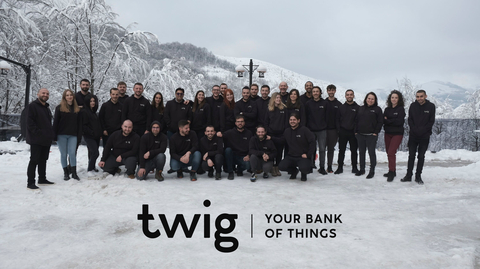
Twig, a London, UK circular economy fintech scaleup, announces its $35 million Series A round of financing. The investment will help the company accelerate delivering its Web 3.0 green payment infrastructure and boosting the roll out of its current suite of financial products.
The Series A investment round is led by the UK-based fintech specialist Fasanara Capital, supported by undisclosed strategic investors, a group composed of current and former executives from LVMH, Valentino, Balmain, Tod’s, Swarovski, L’Oréal, Barclays, Goldman Sachs and Scalapay.
Twig- a Bank of Things: uniquely bridging payments with resale
Twig powers a disruptive concept in fintech by merging payments with resale, bringing value to users through instant monetisation of their items, in a sustainable manner. Twig’s mission is to empower consumers to value, unlock, and enjoy wealth they never knew they had, best described by its founder, Geri Cupi as the “Bank of Things”. Currently, users can sell or trade-in their fashion clothing and electronics in exchange for instant cash, which they use towards their next purchases.
Twig is the fastest growing fintech app in the UK since its launch in July 2021, growing at a rate of over 100,000 monthly downloads and gaining the 6th position in the App Store top finance apps. The company has imminent expansion plans in the EU and US, growth of which will be powered by the capital raised.
As the next beacon in fintech innovation, Twig is rolling out its Web 3.0 green payment infrastructure, as the first of its kind in the market. After “tokenising” real world assets and making them tradeable in seconds, Twig will enable digital and physical items to be monetized and traded in new ways. Such an approach will allow users to trade-in goods at the checkout page and buy crypto currencies as well as NFTs by trading-in their clothes or electronics.
Furthermore, Twig remains committed to positively contributing to the environment in its mission to reduce landfill waste by rerouting goods into the secondhand market. Twig is currently in the process of obtaining B Corp certification and is a member of the Ellen MacArthur Foundation.
Founder and CEO, Geri Cupi comments:
‘Our mission is to empower our consumers to make conscious choices around sustainability, and simultaneously- release wealth in an instant and seamless way, fit for 2022 digitally savvy users. We have spent a considerable time understanding both consumer patterns and lifestyle needs of Gen Z and core Millennial audiences and believe we can uniquely cater to their needs and to a wider audience, now internationally. We are thrilled to be able to extend our product offering and be available in both the US and EU this year.
We are very excited to lead the Web 3.0 green payment ecosystem and further push boundaries in fintech innovation.’
Francesco Filia, CEO at Fasanara Capital mentions:
‘Fasanara Capital is pleased to be a part of Twig’s next chapter and lead the Series A investment round, in recognition of the company’s incredible growth achieved in such a short period of time. We are excited with Twig’s and Geri’s vision in building the next fintech wave. Fasanara remains committed to Twig’s circular economy mission and proud to support the company and the team in their growth expansion quest’
Related News
- 07:00 am
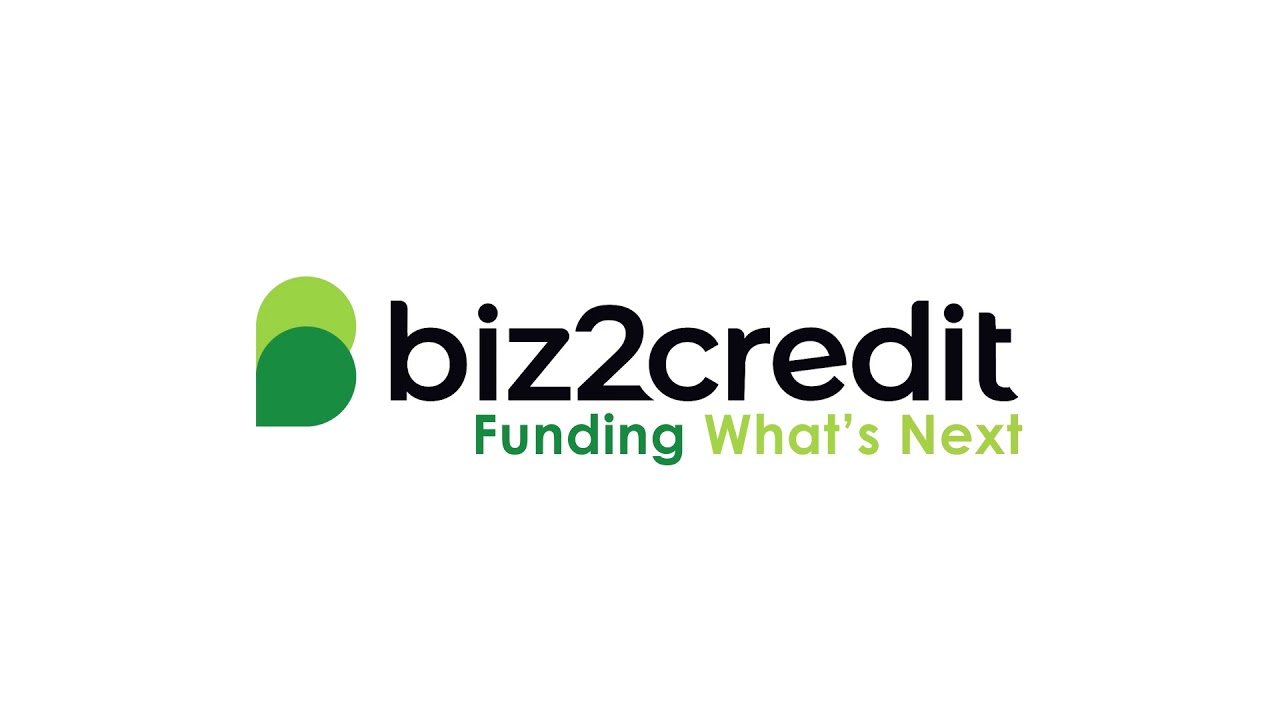
Approval Percentages at Big Banks, Small Banks, Institutional Lenders, Alternative Lenders and Credit Union Still Are Roughly Half of What They Were in December 2019
Small business loan approval percentages at big banks ($10 + in assets) increased from 14.2% in November to 14.3% in December, and small banks’ approvals also rose from 19.9% in November to 20.1% in December, according to the latest Biz2Credit Small Business Lending Index™ released today.
Among several categories of non-bank lenders, approval percentages also climbed. Institutional lenders approved 24.9% of funding requests in December, up one-tenth of a percent from 24.8% in November. Alternative lenders’ approval rates rose from 25.8% in November to 26.1% in December. Credit unions approved 20.6% in December, the same percentage as in the previous two months.
Two years ago, bank approval percentages were about double what they are today. Big banks approved 28.2% of loan requests, while small banks approved 50.6% of loan requests in December 2019. Non-bank lender percentages in 2019 were even higher: institutional lenders approved nearly two-thirds (66.2%) of applications, alternative lenders granted 56.3%, and credit unions approved 39.7%.
“Banks and most non-bank lenders alike saw their loan approval percentages rise in December, with the exception of credit unions, which were stagnant,” said Rohit Arora, CEO of Biz2Credit, one of the nation’s leading experts in FinTech and small business lending. “Approval percentages are rising slower than expected. Loan approval rates remain far below pre-COVID approval levels of December 2019, just two years ago.”
Total nonfarm payroll employment rose by 199,000 in December, and the unemployment rate declined to 3.9%, according to the Jobs Report released by the U.S. Bureau of Labor Statistics on Friday, Jan. 7, 2022. Employment continued to trend up in leisure and hospitality, in professional and business services, in manufacturing, in construction, and in transportation and warehousing, according to the report. Many of these jobs are created by small businesses.
“After PPP, bank activity in small business lending has been slow. However, in 2022, with government lending programs ending and interest rates expected to rise, it will become more lucrative for banks to lend again. Activity should pick up this year,” Arora said.
“Markets don’t like uncertainty, and with the pandemic taking unpredictable turns, uncertainty persists right now,” he continued. “Normalcy has not returned yet because the virus hasn’t allowed it. We thought with vaccination that COVID would lessen as a problem, but that didn’t happen. We didn’t expect the small business economy to stall for so long, and we certainly did not predict the inflation we are seeing.”
Arora said that some types of businesses are doing well: IT, financial services, and anything that does not require a lot of human interfacing. Meanwhile, he said restaurants, hotels, entertainment venues, and the cruise industry are still struggling and will likely do so until the coronavirus gets under control.
Biz2Credit analyzed loan requests from companies in business more than two years with credit scores above 680. The results are based on primary data submitted by more than 1,000 small business owners who applied for funding on Biz2Credit's platform. To view the report for December 2021, click here.









